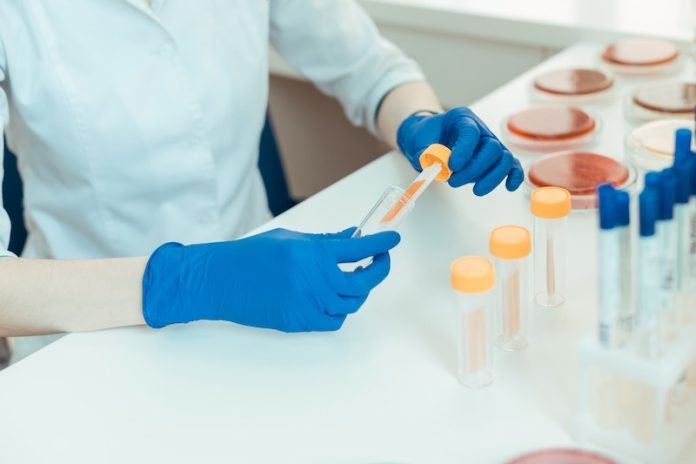
What Happens When Immune Cells Go “Rogue”?
Usually, your immune system is like a well-oiled machine, protecting your body from harmful invaders like bacteria and viruses.
But what if the system goes haywire? Researchers from the Garvan Institute of Medical Research have discovered that certain genes can make immune cells turn “rogue,” causing both autoimmune diseases and a type of cancer known as leukemia.
The Intriguing Connection: Autoimmune Diseases and Leukemia
Scientists have observed that people suffering from leukemia often also have an autoimmune disease. This led to an exploration into whether these two conditions are somehow connected.
What they found was eye-opening: a type of immune cell known as “killer T cells” is at the heart of it all.
The Role of “Killer T Cells”
Killer T cells are meant to identify and destroy cells that are harmful to the body. However, when these cells go rogue due to certain gene variations, they can start attacking the body’s own cells.
This malfunction can lead to autoimmune diseases and even leukemia.
Essentially, these rogue killer T cells are a double-edged sword: they can both fail to destroy tumor cells, causing cancer like leukemia, and attack healthy cells, leading to autoimmune diseases.
How the Study Unveiled These Insights
The researchers took blood samples from children who had rare inherited autoimmune diseases and used CRISPR/Cas9 gene-editing technology to alter a protein known as STAT3 in mice.
This protein is responsible for regulating immune cells. The results were startling: even when just 1-2% of T cells turned rogue, it was enough to cause an autoimmune disease.
What Does the Future Hold?
This groundbreaking research opens up a host of possibilities for medical treatment. Doctors could potentially use existing medicines to specifically target these rogue cells.
Moreover, new diagnostic methods could be developed; for example, doctors might be able to sequence every cell in a blood sample to identify which cells have the potential to turn rogue.
The study, led by Dr. Etienne Masle-Farquhar, was published in the journal Immunity.
It represents a significant step towards understanding the complex interplay between the immune system, autoimmune diseases, and leukemia.
As a result, it could lead to more effective treatments and diagnostic tests for people suffering from these debilitating conditions.
So, next time you hear about the immune system, remember that while it’s generally our protective shield, it can sometimes turn against us.
And understanding how and why this happens could be the key to treating a range of serious diseases.
If you care about cancer, please see recent studies about new ways to increase the longevity of cancer survivors, and results showing new ways to supercharge cancer-fighting T cells.
For more information about health, please see recent studies about how drinking milk affects the risks of heart disease and cancer and results showing that vitamin D supplements could strongly reduce cancer death.
Follow us on Twitter for more articles about this topic.
Copyright © 2023 Knowridge Science Report. All rights reserved.




